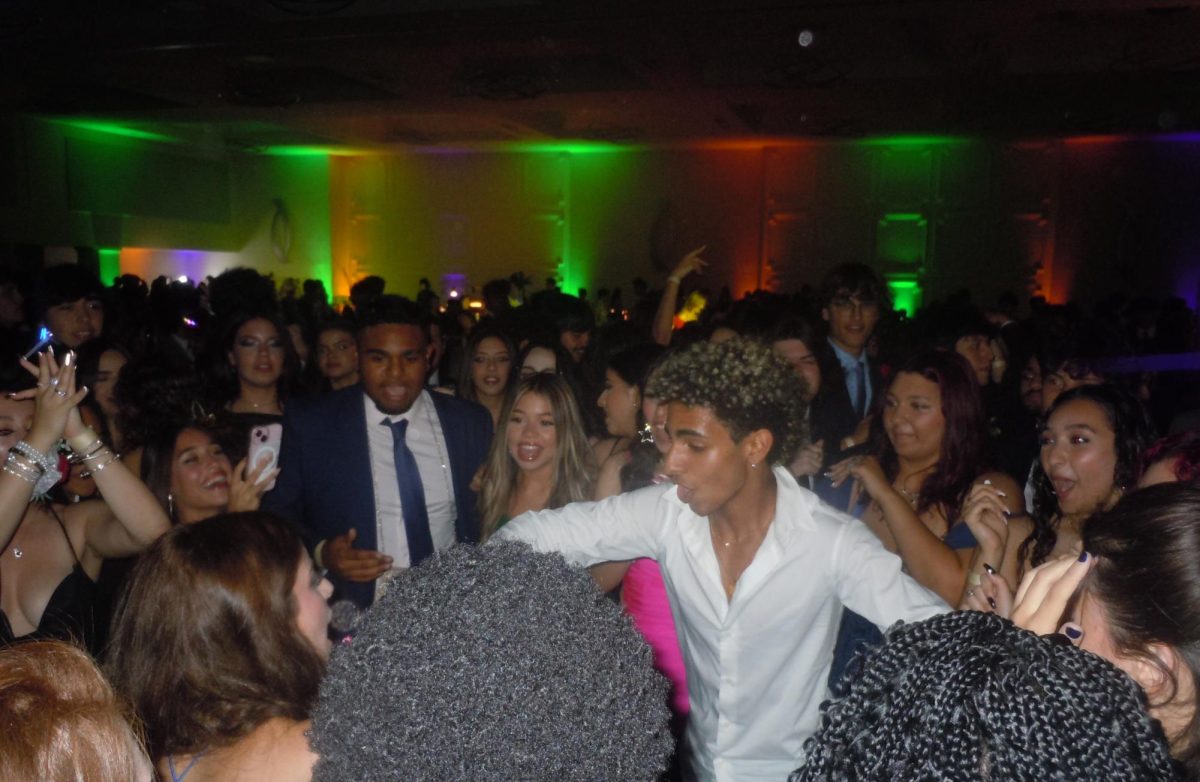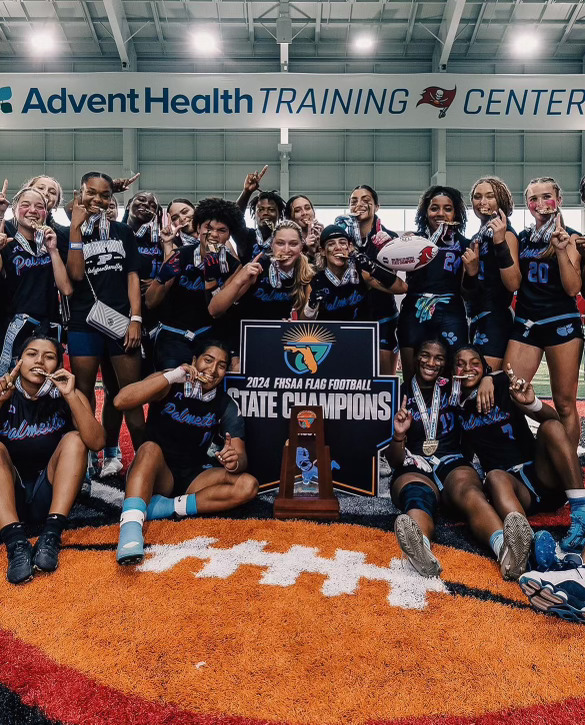I am not ashamed to say it; I am the biggest Barbie fan, so much so that I saw the movie five times. I am also not afraid to say the vast majority of hate the film received is a direct reflection of exactly why we need movies like “Barbie” as a mirror to society.
In addition to blowing past the billion-dollar mark in ticket sales, director Greta Gerwig’s “Barbie” has spawned a mini-industry of analysis and controversy, offering almost every mainstream and specialty publication an opportunity for endless takes on every possible angle — not by mistake.
The movie continues its blockbuster appeal after holding the record for the biggest female-directed movie opening weekend. Women have made up the majority of its audience and viewing numbers. Instead of celebrating that, critics have called the movie “man-hating” and “feminist propaganda.” Some have even declared a “Barbie boycott.”
This criticism completely overlooks the obvious connection to the movie’s overall theme and plot: what men consider “man-hating” is just women — all women, not just the binary — being honest about their experiences and feelings, and questioning outdated gender roles, and somehow, people have taken offense to this?
The movie’s beginning showcases Gerwig’s ability to wow us with strange yet profoundly deep movie magic. It begins with a wacky, rather witty montage of young girls rebelling against the motherhood role pre-Barbie dolls forced them to play. After that, there is yet another innovative and clever montage and introduction to the rarity that is “Barbie Land.”
The movie earned its first star of approval by choosing a female narrator, Helen Mirren. When introducing “Barbie Land,” the film claimed its valor by capturing a glimpse into the feminist dream. “Barbie Land” is where women are whole without the presence of a man; they are leaders, champions and winners without being called pushy, condescending, dramatic, emotional or annoying. Women in “Barbie Land” are strong without men and do not feel any pressure from society to act a certain way, look a certain way or even think a certain way. Women are the ones in positions of power, the leaders and the decision-makers. The men inhabiting “Barbie Land” are the ones trying to prove themselves to women.
The character of Ken is portrayed as the stereotypical “dumb-blonde” that is usually played by women, as seen in films such as “Mean Girls” and “Clueless.” Ken is the superfluous side character swooning for Barbie, who will never care for himself the way he cares for her. Stereotypical gender roles are completely reversed.
This Barbie movie obliterated the regular Barbiesque “women who can do anything” narrative that most of their movies convey, switching its main focus to the patriarchy and its glaringly obvious detriment to society. The production took a frank and upfront approach to show what the female experience, for most, is and what individual and societal consequences it has.
This idea is scary to a lot of people, and when pure and total honesty about the female experience is displayed, it is viewed as man-hating rather than women attempting to be honest and hold men accountable. The Barbie movie explains that even though Barbie can do and be anything, women truly cannot just do or be anything within the current environment. And even one cisgender, white, straight, “stereotypical,” Barbie is not going to solve the world’s problems.
The female-founded power behind this movie is simply refreshing and oddly healing. Women frequently do not get to win, are oftentimes not taken seriously and surely do not get an entire movie talking about these grievances. We are told we must sit still, look pretty and do what everyone says or believes we should do.
Take it from America Ferrera’s five-minute monologue in the movie, “I’m just so tired of watching myself and every single other woman tie herself into knots so that people will like us.” First of all, wow, did these words touch my soul. But second, this monologue, and the entirety of the movie, showed women that there is room to speak up and that we deserve a voice, even if it means being called “man-hating.”
Barbie showed us that the patriarchy is a well-oiled machine, where, in real life, women continue to lose their rights and watch as their futures get neglected and privacy gets taken away. The movie is a manifestation of our pent-up anger, pushed-down rage and our wildest, girliest dreams that just want to feel recognized and celebrated. I love the colors pink and green; I want to be a medical malpractice lawyer and a mother; I want to rally behind a campaign and find happiness; and, I am so proud to be a girl.
If you were offended by Barbie’s message, perhaps it is time to look in the mirror and make a change. No other movie has made me feel quite as seen or understood as the Barbie movie did, and come Sept. 12, I am buying the movie to have a permanent home on my TV screen.







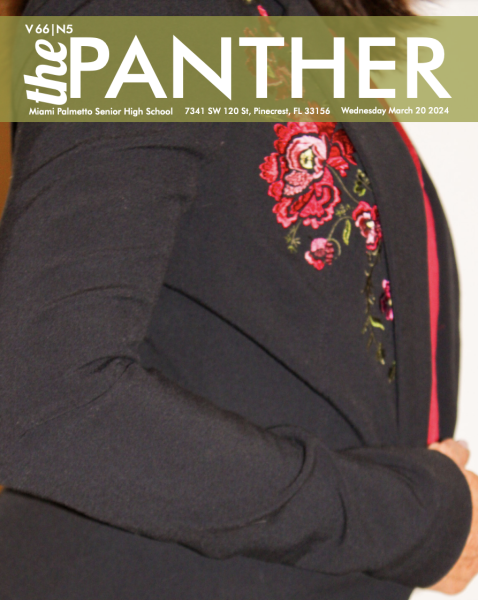


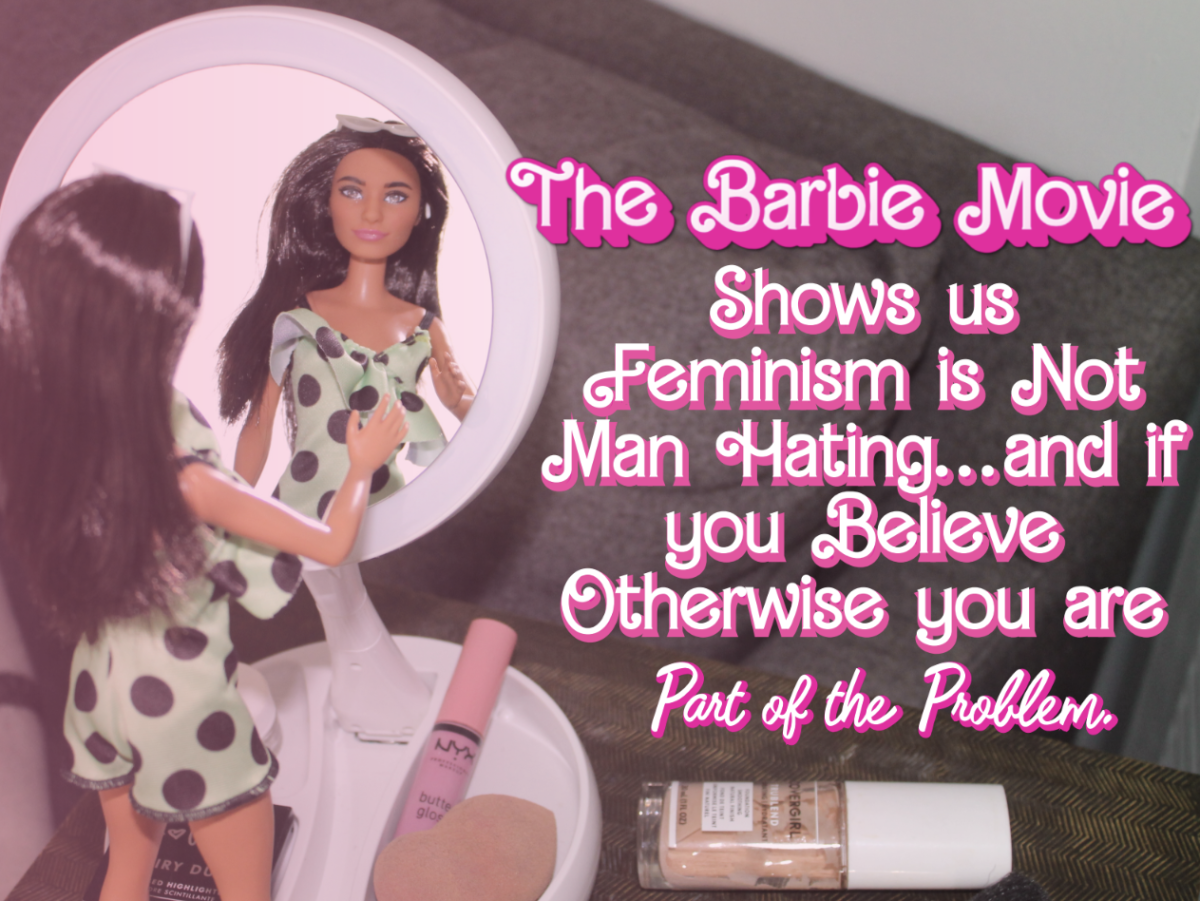
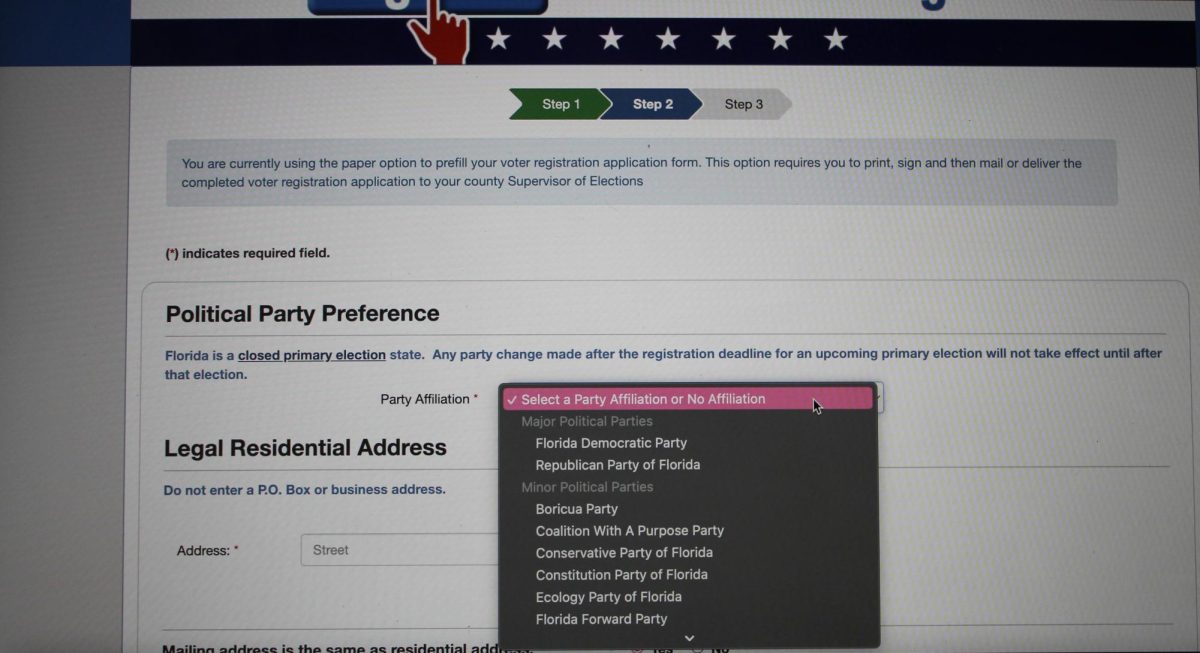


![“I did think [giving out autograph pages] helped give the feel of a signing party. I felt like it was a great way for the seniors to have the ability to interact with all their peers on their last day of school and to make memories they would never forget,” Miami Palmetto Senior High Palm Echo staffer and freshman Lucy Dwyer said.](https://www.thepalmettopanther.com/wp-content/uploads/2024/06/83215094-9BCB-4A83-A533-E392674F0403-1200x798.jpeg)

